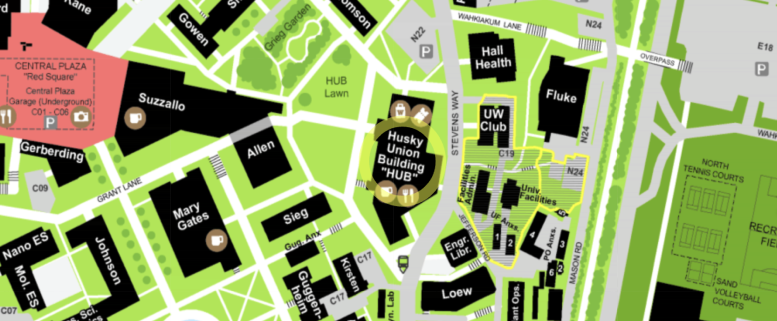New Optical and Molecular Imaging System for Interdisciplinary Student Research
Department of Chemical Engineering
Requested:
$45,269
Status:
Denied
Awarded:
$0
Abstract
We request funds to purchase a Fourier-transform infrared (FTIR) microscope, to be located in the Shared Instrument Facility in the Department of Chemical Engineering. FTIR spectroscopy is an essential tool for identifying molecules in the physical and biological sciences. The major advantage of an FTIR microscope is the ability to identify the spatial location and composition of an analyte in a particular molecule, with a resolution up to a couple of micrometers. Molecular placement is important in solar cells, biological systems, water treatment, quantum materials, label-free detection of cancer, and other technologies where the precise location of the molecule is important for correct functionality. In contrast, the FTIR spectrometers or spectrophotometers available on campus can only be used to identify if molecules are generally present within a large area or volume. This means that students must rely on a combination of more expensive and difficult techniques to obtain the same information. The acquisition of an FTIR microscope system would strengthen undergraduate and graduate training in materials characterization and enable new student-led research in these fields.

